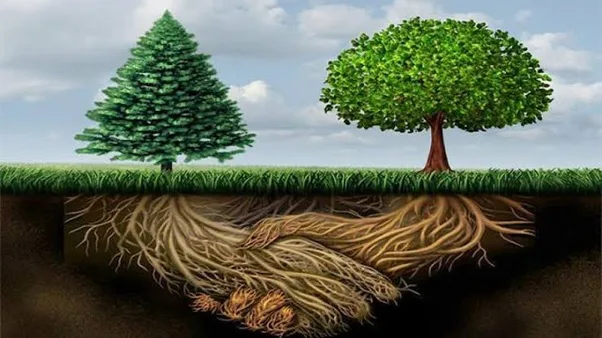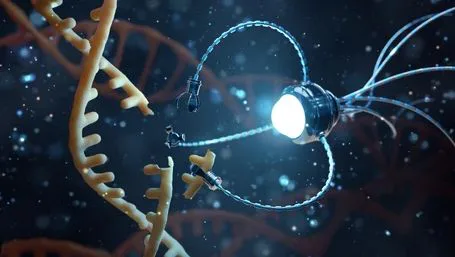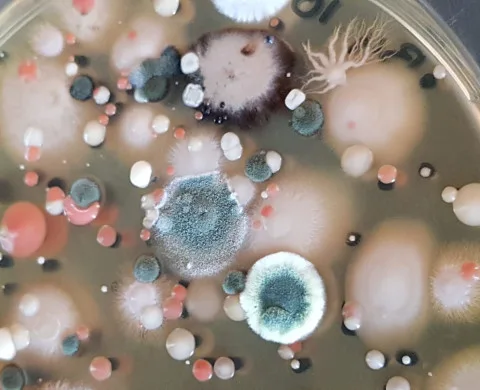Plastics are highly popular because of its properties like durability, low cost, ease in manufacturing, versatileness and invulnerable to water and is widely used in all kinds of fields, ranging from household to spaceships. Plastic has replaced many conventional materials used so far such as wood, glass, metal, stone, bone, leather, horn and ceramic.
But now plastic poses a major threat to the environment. Pollution caused by accumulating plastic either in landfills or the ocean is a major issue worldwide. According to the Environmental Protection Agency report, The United States produced nearly 32 million tons of waste plastic in the year 2012, out of which only 9 percent of plastic waste was recycled. Globally plastic waste increases by 8 percent each year.
Plastic pollution is increasing at an alarming rate with an increase use non-recycled plastics generally made of polystyrene and polypropylene. These non-recycled plastic has little return value and therefore, instead of recycling, they are often dumped in landfills. These plastic wastes do not get decompose and can remain in such landfills for 100 of years.
To control plastic pollution, researchers from worldwide are looking for viable option to recycle plastic wastes and if possible to cut down on the use of such non recycled type of plastic. One such initiative is taken by Priyanka Bakaya, founder of PK Clean, which aims to break and convert non recycled plastics filling landfills, into oil using an economical system along with making use of the gas so produced for its operation.
Priyanka in her statement said that the plastics are generally derived from petrochemicals and thus it is better to convert these plastic waste back to fuel. And this way she hopes to end plastic wastes sitting in landfills across the world.
PK Clean established its full scale commercial plant in partnership with the Utah’s recycler, Rocky Mountain Recycling, in Salt Lake City. The trail plant was set up in Pune, India.
PK Clean’s cost effective continuous process operate on a method known as catalytic depolymerization. During the process, heat and a catalyst work together, converting plastics into crude oil, which can be sold to oil refineries. This process is capable of converting 70 to 80 percent of plastics into light, sulfur free fuel. While 10 to 20 percent is emitted as hydrocarbon gas that is employed in heating the system and the rest is char residue.
The plant operating full-fledgedly is capable of producing 60 barrels of oil each day using 10 tons of plastic and maintaining zero toxic emissions. The cost incurred per barrel is of about $ 35 which is sold at $100 to refineries.
In the future PK Clean would like to partner with recyclers throughout the nation, and slowly expanding in third world countries where plastic waste is even a bigger concern.
Pushing the envelope in design
There are seven different categories of plastics, of which type 1 including water and soda bottles and type 2 consisting of foggy plastics as milk cartons, are the one which can be recycled. Where as type 3 to 7, which includes disposable utensils, storage containers, foam, shampoo bottles ad plastic pipes are the one which are non recyclable or difficult to recycle.
These plastics are first shredded at PK Clean’s plant. The shredded plastics are then transported to a reactor that operates at 400 degree Celsius, where long carbon chains of plastic are broken by a catalyst. This process generates vapor that passes through a condenser, where it’s converted into fuel. The complete process is automated and easy to control.
Other similar systems that are available are energy inefficient and expensive for recyclers to use. They operate in batches, where the reactor needs to be heated every time a batch is ready for the processing, causing waste of energy and money. But PK Clean makes good use of hydrocarbon gas generated during the process for maintaining the reactor’s desired temperature, thus avoiding energy loss. Therefore, unlike others, PK Clean runs on almost a quarter price and giving greater output.
In the future, researchers associated with the PK Clean plans to design process to produce more refined fuel that can be instantly used in the vehicles, eliminating the use of refineries.
With this new initiative, in the future we may find our landfills and oceans free from toxic plastic waste. If you are a manufacturer who generates a lot of plastic as waste, do set up a small recycling plant and the oil so produced can be used for your vehicles, apart from responsibly recycling waste generated by your organization.
Source: PK Clean
Image: scrapmonster, guardian







